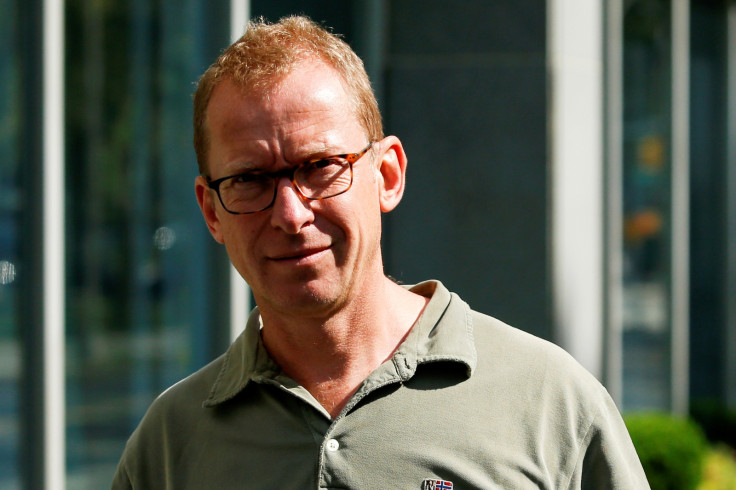Expecting regulators to prevent banking frauds is 'naive and optimistic', says former FSA advisor
Claims industry watchdog is obsolete are 'wide of mark' but body needs better funding, says Ron Gould.

Believing that scandals in the banking sector could be prevented by stricter rules and regulations in the future is somewhat "naive and optimistic", a former senior Financial Services Authority (FSA) advisor told IBTimes UK. Earlier this month, Kweku Adoboli, the former UBS trader who was sentenced to seven years in jail after he was found guilty of costing the Swiss bank £1.4bn, warned that a large scale could "absolutely happen again".
"I think it could absolutely happen again," Adoboli said. "Especially as we go into what could be the next phase of the great financial crisis over the next 12 to 18 to 24 months."
Ron Gould, who after leaving his role at the FSA has become the European chairman of risk management group Compliance Science, explained the immense pressure to generate profit typical of the banking sector could provide fertile ground for those seeking to break the rules for institutional and personal gains.
"It's aspirational to think that frauds could be prevented in advance," he says. "Authorities have put in place more effective controls and rules than it used to be the case but is optimistic to think that it could be enough to prevent malpractice.
"Regulators are unlikely to stop a fraud while it's happening if the person carrying it out is making a very conscious effort. They [the regulators] face bright, clever people willing to break the rules who are always a step ahead of the curve, meaning regulators are always playing catch up."
Over the last couple of years, a list of mid-level bankers have been sent to jail for rogue trading. Former UBS and Citigroup yen derivatives trader Tom Hayes sentenced to 14 years in 2015 for trying to rig the Libor interbank rate market. In July, Mark Johnson, the head of HSBC's FX global cash trading in London, was arrested at New York's JFK Airport as he became the first person to be charged by the US Justice Department after a three-year probe into foreign-exchange rigging at worldwide lenders.
However, many critics have pointed out that it is often only mid-level traders that end up jail and that the real problem lies in addressing the culture in banking, rather than prosecuting those who get caught.
Gould agrees and explains how changing the mentality in the industry has been at the top of the list for the the Financial Conduct Authority (FCA). which replaced the FSA in April 2013.
"The FCA's number one priority is to improve culture, they see that as the underlying problem," he explains. "People in the industry are encouraged to feel they can get away with it [breaking the rules]."

Ultimately, however, the responsibility to address the culture within the sector falls on the shoulders of banks and financial institutions.
"Regulators are already focused on solving the problem and encourage firms to recognise the issue but they're the ones who have standards of governance that ought to help and drive control," says Gould.
"Promoting and implementing high governance and high compliance, rather a culture of risk, that's something only management can do, regulators can only warn firms."
However, Britain's financial regulator has itself come under intense scrutiny recently. In July, a scathing parliamentary report branded the FCA as "outdated and unfair" and called for a new watchdog to be introduced in the industry.
Gould, however, disagrees: "Stating that the FCA is obsolete is completely wide of the mark. The FCA is internationally regarded as having a high profile and wide range of capabilities."
He adds the spotlight should be placed on the amount of work the regulator faces compared to its budget. "Does the FCA have too much on its plate relative to its resources in order for it to be as effective as it would like to be? MPs often like to throw stones without having a proper understanding of what is going on. To govern the finance sector as we would like to and to be as effective as they can, we need to resource it properly to strike the right balance."
© Copyright IBTimes 2025. All rights reserved.






















